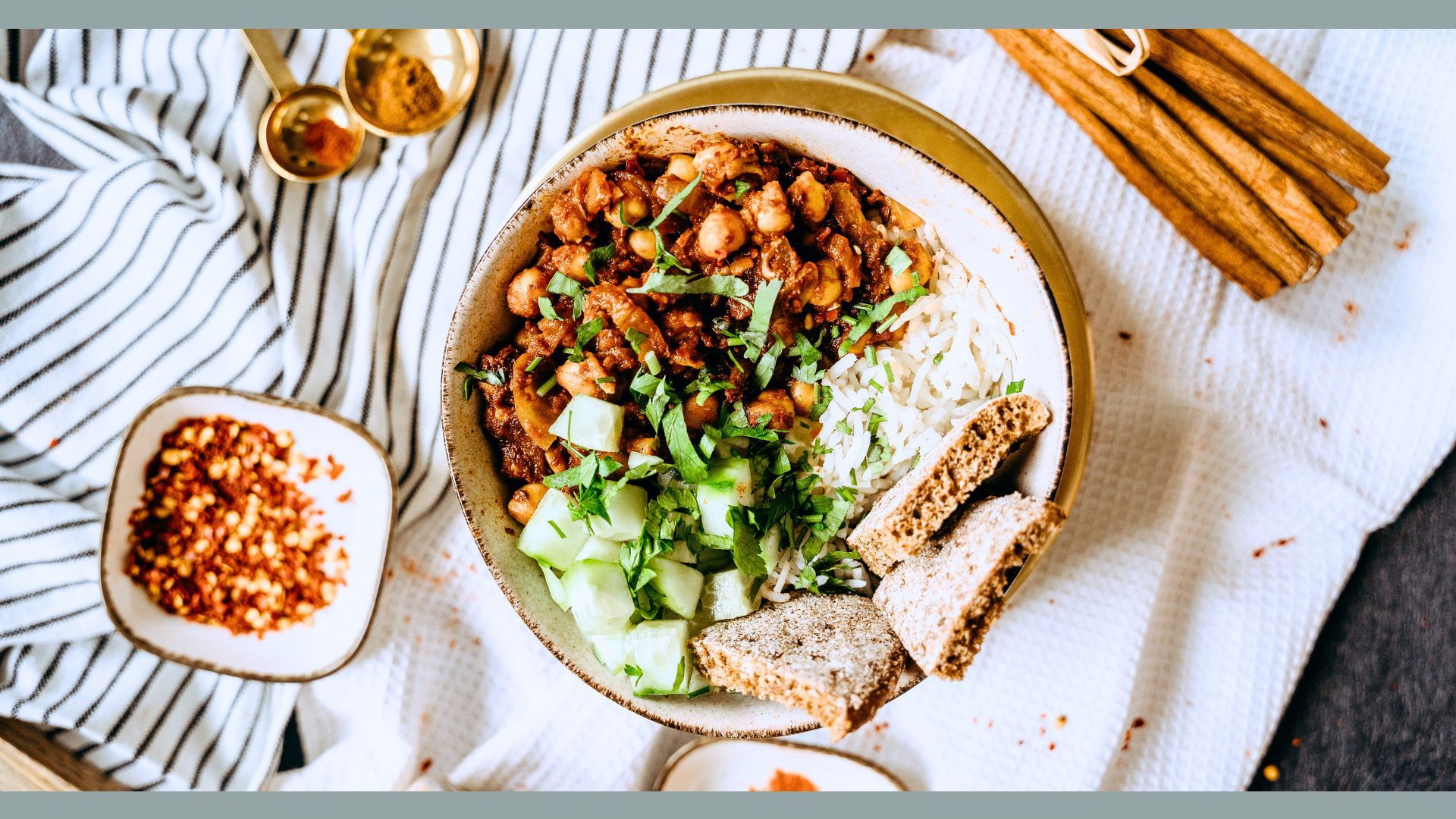
5 Common (and Unhelpful!) Food Mindsets — and How to Reframe Them Using Your Eating Archetype
When it comes to food, our mindset matters as much as what’s on our plate. Research in food psychology shows that the way we think about eating directly influences our behaviors, cravings, and long-term health outcomes. Yet most of us carry around subtle — and sometimes sneaky — beliefs about food that can keep us stuck in cycles of guilt, overindulgence, or all-or-nothing thinking.
The good news? Once you can name these mindsets, you can shift them. And with the help of the Eating Archetypes framework — a system that connects your food personality with practical strategies — you can reframe these thoughts in a way that actually sticks.
Here are five of the most common unhelpful food mindsets, plus fresh reframes you can start using today.
1. “This food is good/bad — therefore, I am good/bad.”
This all-or-nothing thinking can be a really pervasive food mindset. Labeling foods as “good” or “bad” not only fuels guilt and shame, but also equates food choices to morality — making your self-worth ride on your choices.
Food psychology insight: Studies show that moralizing food increases anxiety, binge behaviors, and decreases satisfaction — even when you eat the same food.
Reframe: Instead of good vs. bad, think “Does this food support my body right now? Both nourishment and enjoyment belong on your plate.
-
Archetype tie-in:
-
Rigid Eater → Release the pressure of “perfect” eating. Aim for balance, not rules.
-
Emotional Eater → Notice when guilt triggers emotional spirals; practice neutrality.
-
2. “If I eat this, I’ll have to make up for it.”
This transactional mindset treats food as punishment or currency, often tied to exercise: “If I have dessert, I’ll have to run 3 miles tomorrow.”
Food psychology insight: Research shows this mindset disconnects us from hunger/fullness cues and can foster overexercising or restriction — neither of which are sustainable.
Reframe: Think of food as fuel and joy, not a debt you must repay. Exercise is a celebration of what your body can do — not a punishment for what you ate.
-
Archetype tie-in:
-
Performance Eater → You thrive on goals. Reframe to: “Food helps me perform better, not compensate for mistakes.”
-
Pendulum Eater → Notice when you swing between overindulging and overcorrecting. Find middle ground by pairing balanced meals with joyful movement.
-
3. “I deserve this — life is hard.”
We all use food for comfort sometimes, but the mindset of “I’ve earned this treat” can lead to relying on food as your only reward system. Over time, this blurs the line between emotional nourishment and physical hunger.
Food psychology insight: Rewarding yourself with food is linked to more frequent overeating and less satisfaction — because the real need (rest, support, fun) often goes unmet.
Reframe: You absolutely deserve comfort and care. But widen your toolkit: treats can be food or a walk, a nap, a bath, or calling a friend. Food is one way to nurture yourself — not the only way.
-
Archetype tie-in:
-
Nurture Eater → You naturally care for others; remember you deserve care beyond food, too.
-
Emotional Eater → Notice what you’re really craving when you reach for a “deserved” treat.
-
4. “I’ll restart on Monday.”
Also known as the “all-or-nothing” trap, this mindset suggests that if you didn’t eat perfectly today, you may as well give up until the next arbitrary starting line.
Food psychology insight: This fuels binge–restrict cycles and undermines consistency. Waiting until “Monday” can keep you stuck in the same loop.
Reframe: Every single meal is a chance to nourish. Instead of waiting for Monday, ask: “What’s one small supportive choice I can make at my next meal?” Progress isn’t linear, so a little resistance is normal. What matters is that you keep taking the next small step.
-
Archetype tie-in:
-
Pendulum Eater → Watch for this exact mindset; remind yourself: small steps count.
-
Overwhelmed Eater → Keep it simple. One glass of water, one veggie, one pause — these choices add up.
-
5. “There isn’t enough.”
This scarcity mindset shows up as hoarding snacks, over-ordering, or feeling like you have to try everything now before it’s gone. It can come from childhood experiences, dieting, or simply FOMO.
Food psychology insight: Research links scarcity thinking with overeating and reduced satisfaction — because when you believe food is scarce, your brain flips into survival mode.
Reframe: Remind yourself: “Food will be available again.” Practice trust that you can enjoy favorite foods when you want them, not just in one desperate moment.
-
Archetype tie-in:
-
Adventurous Eater → You don’t need to try it all at once; savor one new experience at a time.
-
Anxious Eater → Practice mindfulness around “enoughness” — slow down, notice when you’re satisfied.
-
Final Thoughts
Unhelpful food mindsets can sneak into anyone’s life — but awareness is the first step to change. By connecting with your Eating Archetype, you can create reframes that feel natural, sustainable, and personalized.
Instead of fighting your personality, work with it. Food can be both nourishing and joyful — when you find the mindset that fits you.
Curious which Eating Archetype you are? [Take the free quiz here].
And stay tuned — this September I’ll be hosting a free live webinar to help you turn your archetype into a personalized path toward food freedom.
Ready to learn your Type?
Stay connected with news and updates!
Join our mailing list to receive the latest news and updates.
We hate SPAM. We will never sell your information, for any reason.

